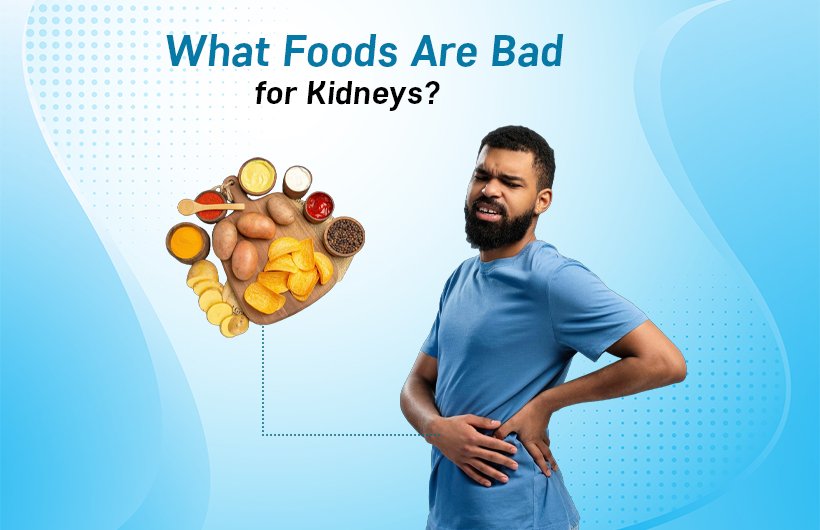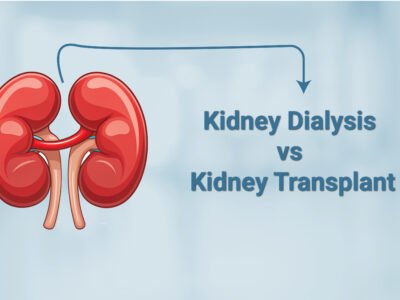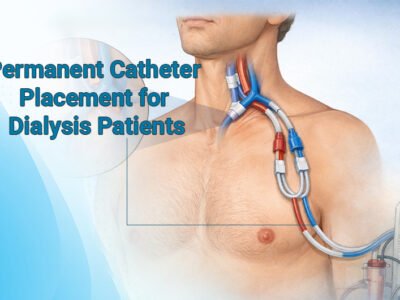Your kidneys play a vital role in maintaining overall health by filtering toxins, balancing fluids, and regulating essential electrolytes. However, poor dietary habits can strain your kidneys, potentially leading to serious health concerns. If you’ve been wondering, what food is bad for kidneys, this blog highlights the culprits you should avoid to keep your kidneys functioning optimally.
The Importance of Kidney Health
The kidneys are two hardworking organs responsible for:
- Filtering waste and toxins from the bloodstream.
- Balancing electrolytes like potassium, sodium, and calcium.
- Regulating blood pressure by maintaining fluid balance.
When exposed to unhealthy dietary choices, your kidneys may become overburdened, increasing the risk of chronic kidney disease (CKD). By avoiding the ten foods bad for kidneys, you can support better kidney health and reduce your risk of complications.
Ten Foods Bad for Kidneys
Let’s take a closer look at the ten foods bad for kidneys that should be consumed in moderation or avoided altogether:
- Processed Meats
High in sodium and preservatives, processed meats like hot dogs and bacon are among the worst offenders for kidney health. - Canned Foods
Canned soups, vegetables, and beans often contain excessive sodium. For a kidney-friendly alternative, opt for fresh or low-sodium canned products. - Salty Snacks
Foods like chips and pretzels are loaded with salt, increasing water retention and putting additional stress on your kidneys. - Sugary Beverages
Drinks such as sodas and energy drinks are harmful due to their high sugar and phosphorus content, especially for individuals with pre-existing kidney issues. - Red Meat
Excessive consumption of red meat places a heavy burden on the kidneys as they work to eliminate waste from protein metabolism. - Dairy Products
Milk, cheese, and yoghurt contain calcium and phosphorus. Consuming too much can lead to an imbalance that negatively affects kidney function. - Pickled Foods
Pickles, olives, and other brined foods are steeped in salt, making them problematic for kidney health. - Bananas
While rich in nutrients, bananas are high in potassium, which can be harmful for people with compromised kidney function. - Avocados
Similarly, avocados are loaded with potassium and may not be suitable for those managing kidney disease. - Whole Grains with Phosphate Additives
Processed grains and cereals with added phosphates can exacerbate kidney damage, particularly in CKD patients.
What Food Is Bad for Kidneys When You Already Have Kidney Disease?
If you already have kidney disease, it’s essential to be cautious with foods that contain high levels of potassium, phosphorus, and sodium. Specific foods to avoid include:
- Spinach and rhubarb, are high in oxalates and may contribute to kidney stones.
- Alcohol dehydrates the body and damages kidney cells.
- Artificial sweeteners can harm the kidneys when consumed in excess.
Tips for a Kidney-Friendly Diet
- Hydrate Properly: Drinking water is vital, but avoid sugary and caffeinated beverages.
- Limit Sodium Intake: Check food labels for “low sodium” or “no added salt” options.
- Monitor Potassium and Phosphorus Levels: Especially important if you’re at risk of kidney disease.
- Moderate Protein Intake: Focus on lean protein sources like chicken or fish.
Preventing Kidney Damage Through Diet
Taking proactive steps in your diet is crucial to reducing kidney strain and preventing long-term damage. Regular consultations with Nephrologist can help you tailor a kidney-friendly diet and manage any underlying health conditions that may impact your kidneys.
Conclusion
Understanding what food is bad for the kidneys empowers you to make better dietary choices that protect your kidney health. By avoiding the ten foods bad for kidneys, such as processed meats, salty snacks, and sugary beverages, you can help your kidneys function more efficiently and reduce the risk of chronic issues.
If you’re concerned about your kidney health, consult a Kidney Specialist in Ahmedabad like Dr. Ravi Bhadania to create a personalised diet plan. Small, intentional changes today can lead to healthier kidneys and a better quality of life tomorrow.


